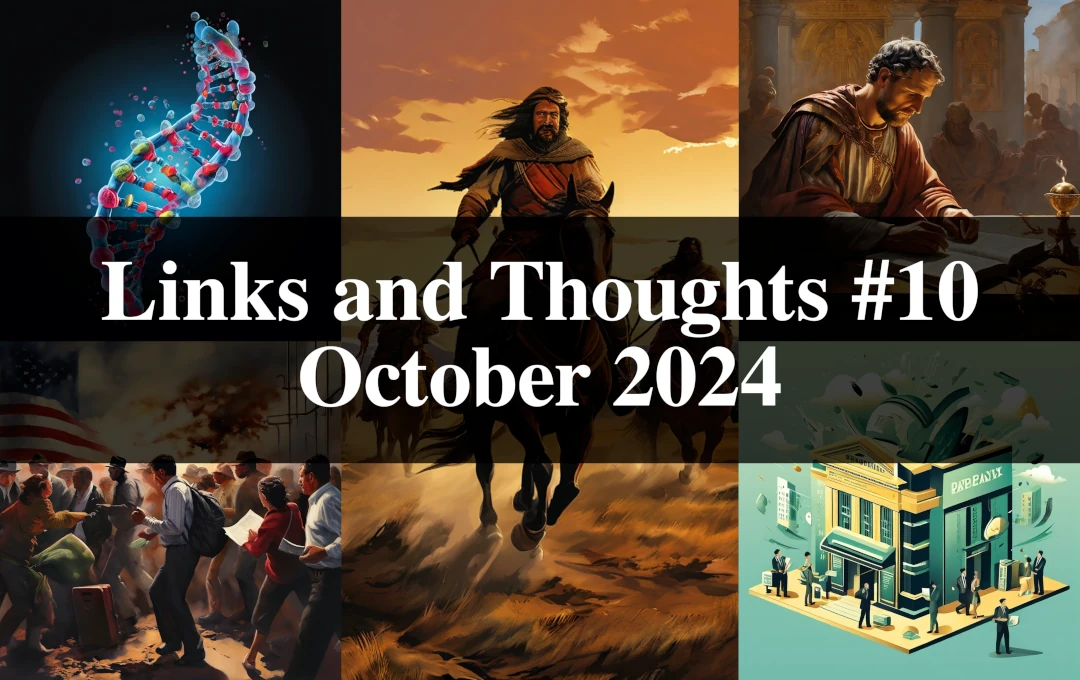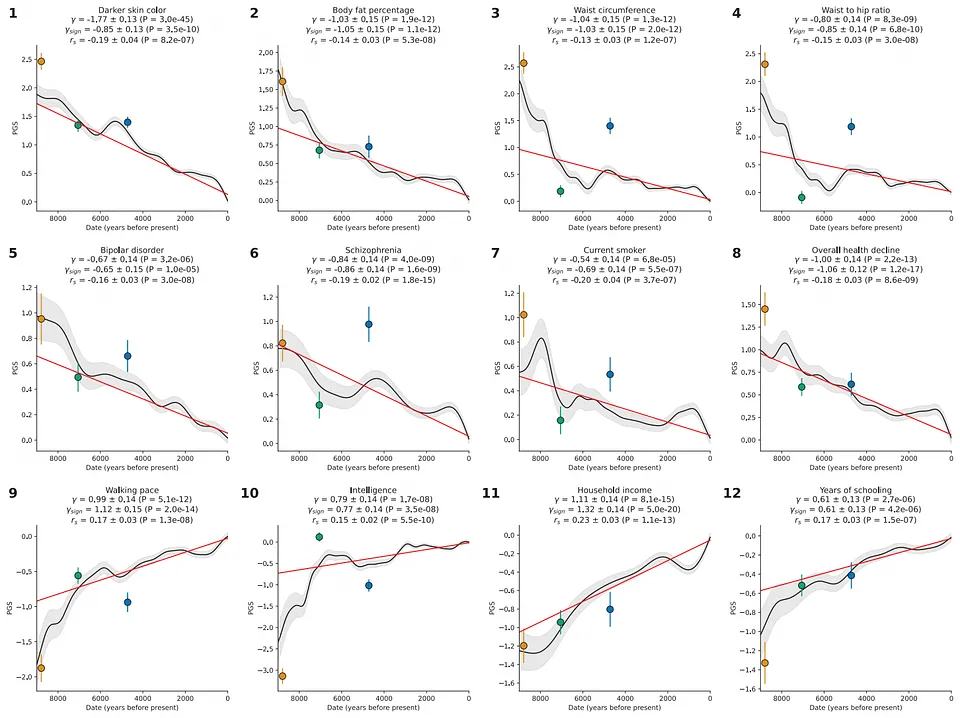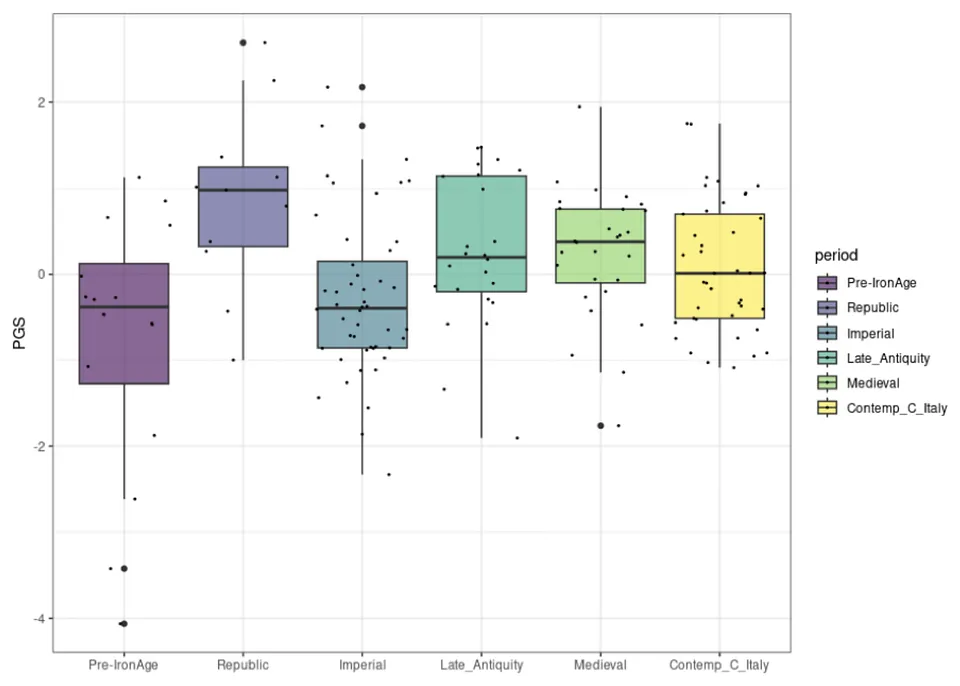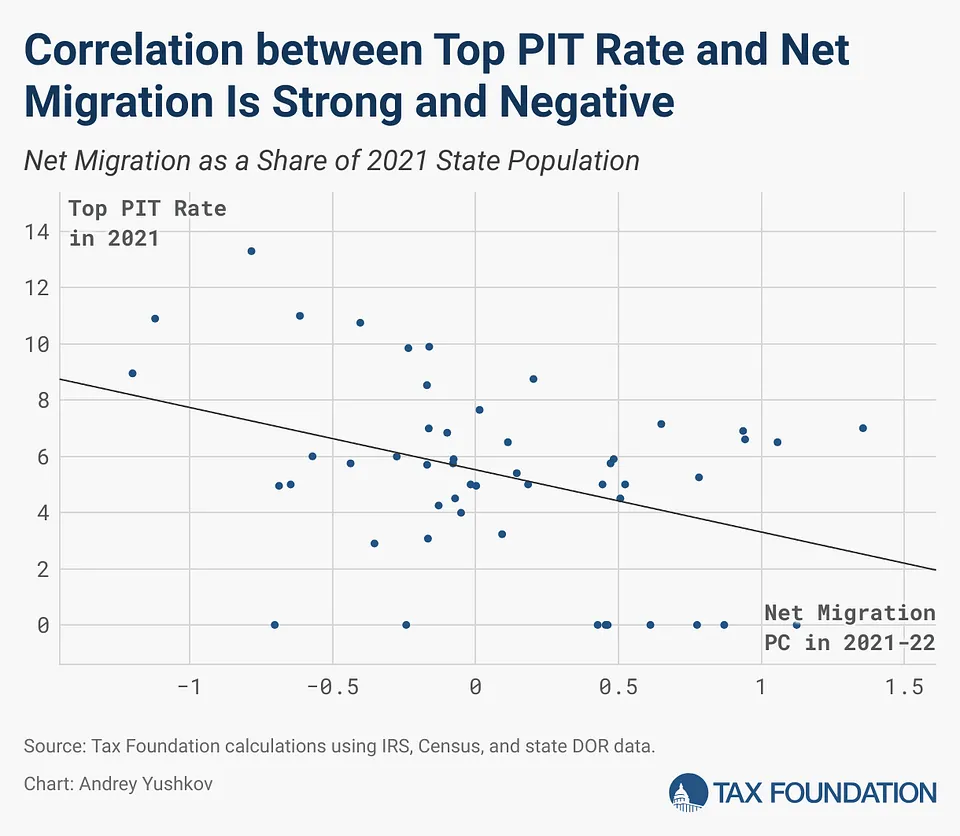Links and Thoughts #10 (October 2024)
– personal

This month’s compilation brings: an overview of a major study of recent evolution in West Eurasians; a scientific paper detailing the grim outlook for the human gene pool; an article making the case that Christianity reversed cognitive decline in Imperial Rome; an article arguing that immigration in the United States weakens desirable features of federalism; and a podcast episode explaining the nuanced position of Ludwig von Mises on fractional reserve banking.
Overwhelming evidence of recent evolution in West Eurasians
- Link to article
- Author: Emil O. W. Kirkegaard
- Date: 2024-09-24
- Source: Aporia Magazine (Substack)

This article is an overview of the methods, findings, and significance of a recent major study by Harvard geneticist David Reich and his colleagues, which found overwhelming evidence of (relatively) recent evolution in West Eurasians, that is, people who historically lived in Europe, Turkey, and the Caucasus region. Using large amounts of genomic data from ancient West Eurasians spanning 14,000 years, which allowed them to use powerful analytical methods, they found strong evidence of selection for lighter skin pigmentation, lower body fat, less mental illness, and higher intelligence, among other traits. As Kirkegaard explains, these robust findings seem to vindicate the argument of the book The 10,000 Year Explosion (2009), in which the authors theorize that the development of agriculture and societies with high-density populations led to rapid genetic evolution in humans. Kirkegaard also praised Reich and his team for making their vast, high-quality data set genuinely publicly available, even for non-academics.
Mutation and Human Exceptionalism: Our Future Genetic Load
- Link to journal article
- Author: Michael Lynch
- Date: 2016-03-16
- Source: Genetics, Volume 202, Issue 3, 1 March 2016, Pages 869–875. DOI: 10.1534/genetics.115.180471
This is a sobering scientific paper that examines the differences in mutation rates in humans compared to other animals, with a special focus on the largest and most important difference: the fact that humans, through advancements in living conditions, technology, and medicine, have detached ourselves from the challenges of the natural environment and minimized the consequences of many acquired genetic afflictions. The author explains that this has the effect of relaxing selection against mildly deleterious mutations, including those that increase the mutation rate itself, and thus we should expect a long-term deterioration of the average human genetic quality, potentially measurable in just a few generations in advanced economies. The summarized prognosis is grim by itself, but it gets worse when you get into the details.
How Christianity rebooted cognitive evolution
- Link to article
- Author: Peter Frost
- Date: 2024-10-10
- Source: Aporia Magazine (Substack)

In this article, anthropologist Peter Frost makes the case that the rise of Christianity reversed the trend of cognitive decline in Imperial Rome by aggressively promoting monogamy, especially among the elite. By forcing men to procreate only with their lawful wife, who was usually of similar status, elite men were no longer having offspring with prostitutes or slave women of lower cognitive ability, and thus they were more likely to pass on the traits that made them successful. Frost also argues that the new faith favored those who were better at learning and following rules while punishing those who weren’t, and this was a secondary factor assisting the rise of cognitive ability. I think the general argument is plausible and convincing, though there are some potential caveats and dissents in the comment section.
Breaking the Laboratories of Democracy
- Link to article
- Author: Arctotherium
- Date: 2024-09-20
- Source: Not With a Bang (Substack)

In this post, Arctotherium argues that immigration into the United States has dampened or even broken one of the virtues of federalism: the natural experimentation in the different policies enacted in each state and the resulting feedback that citizens provide by moving from and to different states, incentivizing states to copy successful policies that attract and retain residents. He shows the evidence that, absent immigration, Americans overwhelmingly move from Democratic (blue) states to Republican (red) states, specifically because of the more pro-market policies (lower taxes and lighter regulations) of the latter, and that this should tend to move the country rightward. However, he explains, immigration distorts this pattern by propping up the population of blue states and turning red states purple, mitigating the feedback mechanisms that would have incentivized the spread of pro-market reforms.
What Was Mises’s Position on Fractional Reserve Banking?
- Link to podcast episode video
- Host: Robert P. Murphy
- Date: 2024-10-18
- Source: The Human Action Podcast, episode 470 (YouTube)

In this episode, Murphy explains the nuanced position of Austrian economist Ludwig von Mises regarding fractional reserve banking. To summarize, Mises favored “free banking,” that is, standard property and contract enforcement on the banking industry without any special requirements or privileges; however, unlike certain prominent free banking advocates today, he thought that this free market arrangement would incentivize very high reserve ratios and thus drastically limit credit expansion. Additionally, Murphy started the episode with a refresher on the different camps in the debate over fractional reserve banking versus full reserve banking and their theoretical arguments, so it’s a decent introduction to the debate in general.